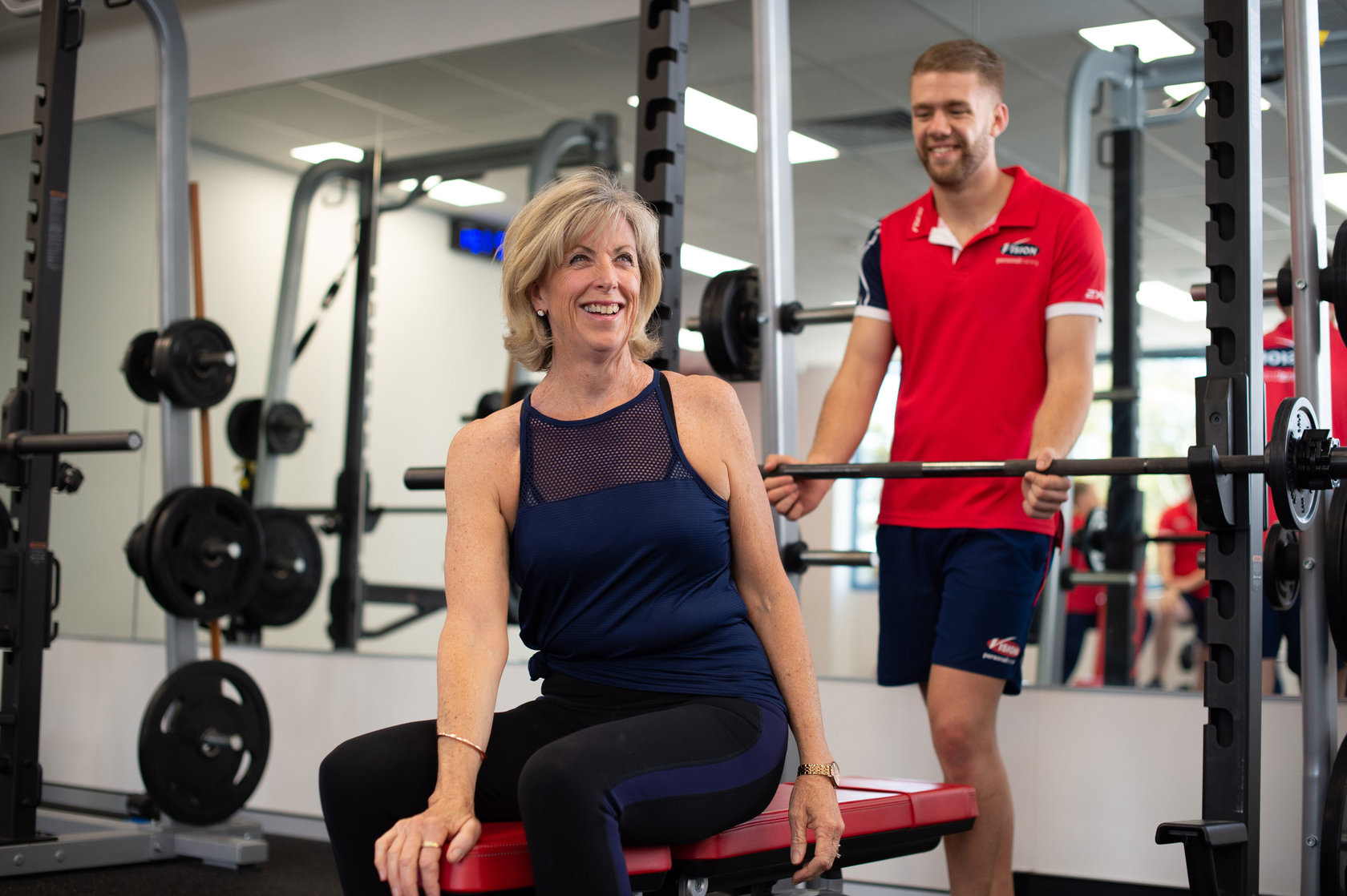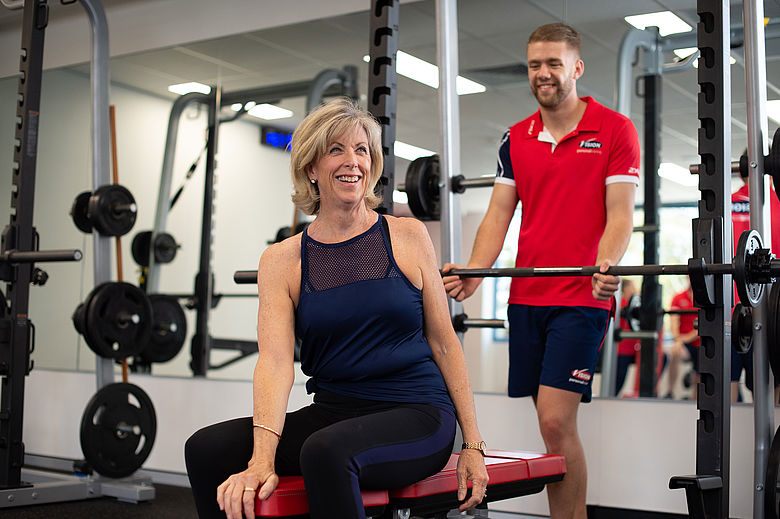COFFEE VS ADRENALINE FACTS
- The coffee bean contains chemicals that are mild psychotropics. These are built in the plant as a defence mechanism to ward off insects that would feed off their leaves and at high doses are toxic to insects.
- The psychotropic is a psycho active substance. The psychoactive substances cross the
blood brain barrier and acts primarily on the nervous system and impacts the brain function overall - perception, mood, consciousness, behaviour, cognition - all these are heavily influenced by the psychoactive component found in coffee - which is caffeine! - Due to the effect that coffee has on the above functions it is particularly addictive. Hence
why the withdrawal symptoms when trying to quit coffee i.e. headaches. - Caffeine is a dilator, stimulating our nervous system. Since the nervous system is built on
water, and coffee being a diuretic, it removes water out of the system. So, after being
stimulated, removing the stimulation creates constrictions on the nervous system causing
the headaches. - Each dose of caffeine stimulates your pituitary glands (responsible for hormone release) and prompts your adrenals to release cortisol and epinephrine, just the same kind of response that a stressful situation might trigger. In short, caffeine puts you in fight or flight mode. That's when we see the typical adrenal fatigue symptoms of a lack of enthusiasm, tiredness, weakened immune system.
- Due to the above excessive caffeine consumption leads to an increase in doses to have the same effect. When trying to quit coffee, initially it will make adrenal fatigue worse until your glands can regulate to normal levels.
- Often the solution is to consume decaffeinated coffee. HOWEVER, there are important facts to consider. For a product to be classified as "Caffeine-Free" it needs to be 97% caffeine free.
What does this mean? A typical decaf coffee has approx. 5.4g of caffeine. What to be careful of? Many cheap decaf brands use solvents to remove the caffeine content. Among these include carbon dioxide, methylene chloride and others which actually can be more harmful than caffeine itself! Solution - buy high quality decaf. - 400mg of caffeine a day is safe for healthy adults. This equates to roughly 4 cups of coffee.
THERE IS GOOD NEWS!!!! Coffee does come with health benefits!
- Liver Protection: Data was gathered on 2,424 participants of the Rotterdam study, a large
population-based cohort study including participants 45 years or older living in a suburb of
Rotterdam, The Netherlands. Investigators found that frequent coffee consumption was
significantly associated with lower odds of high liver fibrosis, i.e. less scarring of the liver,
independent of lifestyle, metabolic, and environmental traits. - Reduced Risk of Diabetes: Researchers at the Harvard School of Public Health and Brigham and Women's Hospital conducted one of the biggest long-term studies on the relationship between coffee and type 2 diabetes in 2004. They found that the more coffee people drank, the greater the protection against diabetes.
- Reduced Risk of Heart Disease: Researchers from the University of Colorado medical school analysed data from the Framingham Heart Study, which has tracked the eating patterns and cardiovascular health of more than 15,000 people since the 1940s. They were looking for previously unidentified risk factors for heart failure and stroke. Out of all the potential links to heart disease the researchers considered, one stood out after the analysis. Coffee was associated with a reduced risk for heart failure, stroke and coronary heart disease. For coffee drinkers, every 240ml cup per day reduced these risks by 7%, 8% and 5%, respectively, compared to people who didn't drink coffee.
- OTHERS: According to a 2011 study published in Critical Reviews in Food Science and
Nutrition, coffee has an inverse correlation with Parkinson's Disease, Alzheimer's Disease
and certain forms of cancer.
COFFEE AND EXERCISE
- Coffee before cardio increases fat cell immobilisation to be used as energy as
opposed glycogen. - Black Coffee increases metabolism and can also act as an appetite suppressant.
- A report published in Sports Medicine refers to caffeine as a "powerful ergogenic aid" and
states that athletes can "train at a greater power output and/or train longer" after caffeine
consumption. - Another study published in the British Journal of Sport Science found that subjects who
consumed coffee before a 1500m run performed better than the control group at an
average of 4.2 seconds faster. - Researchers at the University of Illinois found who consumed coffee prior to exercise
experienced less muscle pain during their workout than non-caffeinated counterparts.
Hope this article helps inspire you or your closest friends, family or colleagues.
*Disclaimer: Individual results vary based on agreed goals. Click here for details.

